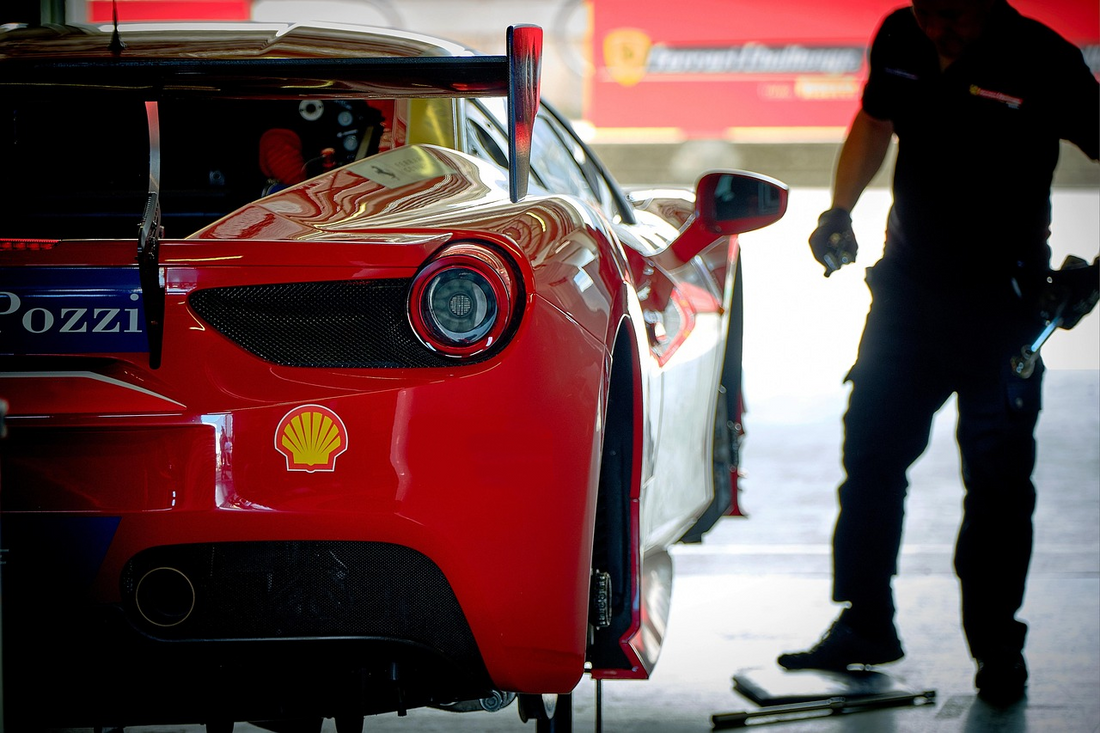
Why Mechanics Trust Torque Wrenches Over "Feel"
Walk into any garage or car enthusiast’s workshop, and you might hear someone say, “Don’t worry, I can tell when it’s tight enough.” It’s a common belief—that with enough experience, you can tighten bolts correctly just by feel.
But here’s the truth: when it comes to car maintenance and repair, “tight enough” isn’t good enough. Modern vehicles are engineered with precise tolerances, and even a small error in tightening can mean the difference between smooth operation and dangerous failure. That’s why professional mechanics reach for torque wrenches instead of relying on guesswork.
The Science of Torque
Torque is the twisting force that causes rotation. When you tighten a bolt, torque translates into clamping force—the pressure that holds parts securely together. Too little torque, and the connection is weak. Too much torque, and you risk damaging the threads, stretching bolts, or cracking parts.
Car manufacturers specify torque values for nearly every critical fastener: wheel lug nuts, engine head bolts, brake components, suspension joints, and more. These aren’t random numbers; they’re carefully calculated to balance safety, durability, and performance.
Why “Feel” Isn’t Reliable
The idea of tightening “by feel” sounds appealing, but human senses simply aren’t precise enough for the job. A few reasons why:
Inconsistent Grip Strength
Even seasoned mechanics can’t apply the same torque repeatedly without variation. Fatigue, tool length, and body position all change the outcome.
Overtightening Risks
Many people naturally overtighten, thinking tighter means safer. But this can strip threads, warp brake rotors, or deform aluminum parts like oil pans.
Undertightening Risks
Others stop too early. Loose lug nuts can back off while driving, oil pan bolts can leak, and suspension parts may rattle loose.
Studies have shown that even experienced professionals struggle to achieve consistent torque by feel alone. A torque wrench removes the guesswork.
The Role of Torque Wrenches
A torque wrench is a precision tool designed to apply a specific amount of torque to a fastener. Instead of relying on sensation, it provides a measurable, repeatable standard.
Mechanical torque wrenches use a calibrated spring or beam to indicate when the target torque is reached.
Digital torque wrenches offer even more accuracy, often displaying readings to within ±2% and storing data for records.
Whether mechanical or digital, both types are far more dependable than tightening by instinct.
Real-World Consequences of Guesswork
To see why torque accuracy matters, consider a few examples:
Wheel Lug Nuts
Under-tighten, and a wheel could wobble or detach at highway speeds—a serious accident risk. Over-tighten, and you might stretch the stud or crack the wheel.
Engine Head Bolts
These bolts seal the cylinder head to the engine block. Too loose, and compression leaks lead to power loss or overheating. Too tight, and the bolts may stretch, causing engine failure.
Brake Components
Brakes are safety-critical. An undertightened caliper bolt could work loose under vibration, while an overtightened one could strip threads in the caliper bracket.
Each case shows that guessing simply isn’t worth the risk.
Why Professionals Rely on Torque Wrenches
For mechanics, reputation and safety are on the line. Customers expect reliable repairs, and no professional wants to risk a preventable failure. By following manufacturer torque specs and using the right torque wrench, mechanics ensure every fastener is tightened exactly as intended.
It’s also about efficiency: a calibrated torque wrench prevents costly rework, damage, and liability. For the DIY car owner, it brings peace of mind—knowing the job is done safely and correctly.
Conclusion: Precision Over Guesswork
In automotive repair, small details make a big difference. “Tight enough” is a dangerous myth, while torque wrenches provide the accuracy modern cars demand. Whether it’s tightening wheel nuts before a road trip or assembling an engine, precision is non-negotiable.
That’s why mechanics trust torque wrenches—and why every car owner who picks up a wrench should, too.
